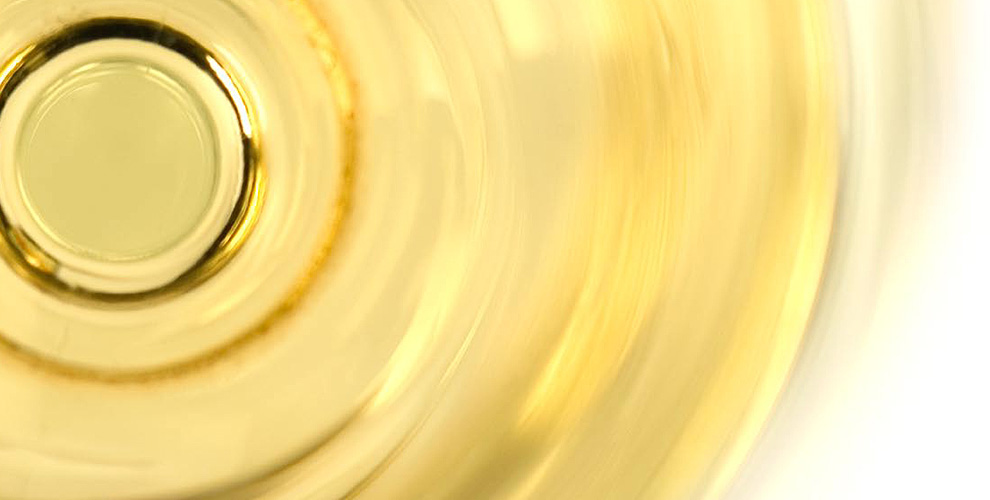Bodegas Pablo Padín, began making artisanal wine following the traditional methods employed by the family, however, the evolution of business allowed to introduce advanced technology and modern infrastructures, whose results are high quality Albariño wines.
Before harvest, all the vineyards are analyzed to establish which meet the best conditions to develop each of our wines. Grapes are hand-picked and transported in aired boxes to preserve quality.
On arrival to the winery, a strict quality control takes place in which grape is examined in detail and goes through a selection table where the clusters that are not considered suitable for vinification are removed, following with destemming to throw out the stems and classify the debunched berries.
The selected grapes to elaborate the SEGREL brands are immediately cold macerated at a temperature between 5 and 8 ºc, in order to get more intense wines on the nose, boosting the primary aromas of the variety. Free-run juice is obtained through modern pneumatic presses to produce SEGREL Ámbar, and light pressed juice with SEGREL Albariño.
Musts ferment at controlled temperature in stainless steel tanks and after 5-6 months ageing the new vintage starts to be bottled in small amounts throughout the year, keeping it in air-conditioned preservation rooms to delay the ageing of these Albariño wines.

